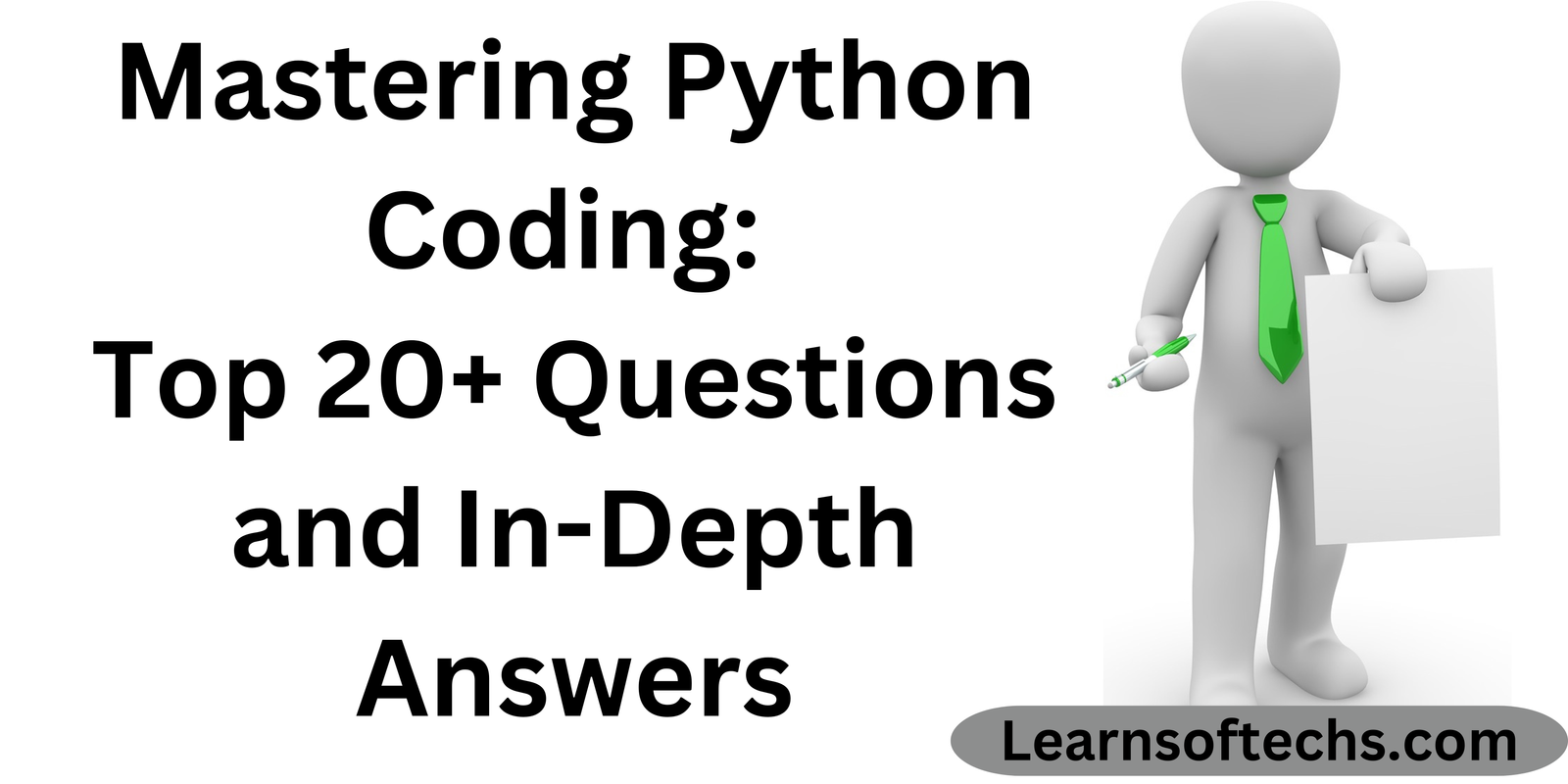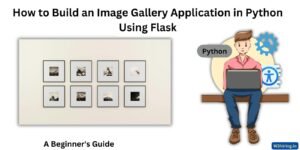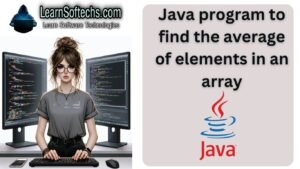In the ever-evolving landscape of programming, Python has emerged as a powerhouse. Whether you’re a seasoned developer or just starting on your coding journey, having a solid grasp of Python is essential. In this comprehensive guide, we present the top 20+ Python coding questions and provide detailed answers to help you sharpen your skills.
1. Python Basics
Understanding Data Types
Python’s strength lies in its versatility with data types. Strings, integers, floats, and booleans form the building blocks of Python programs. Mastering these fundamentals is crucial for writing efficient code.
2. Control Flow in Python
Conditional Statements and Loops
In Python, if-else statements and loops are fundamental for controlling the flow of your program. Whether it’s handling user inputs or iterating through data, understanding these concepts is paramount.
3. Functions in Python
Creating Modular Code
Functions are the backbone of Python programming. Learn how to define and call functions, pass arguments, and return values. This knowledge is vital for writing clean and modular code.
4. Data Structures in Python
Lists, Dictionaries, and More
Python offers a rich array of data structures. Dive into the intricacies of lists, dictionaries, tuples, and sets. Each has its unique strengths, and knowing when to use them is key to writing efficient programs.
5. Object-Oriented Programming (OOP) in Python
Classes and Inheritance
Unlock the power of OOP in Python by mastering classes and inheritance. Understand how to create classes, define attributes and methods, and leverage inheritance for code reusability.
6. Exception Handling
Writing Robust Code
Learn to anticipate and handle errors with Python’s exception-handling mechanisms. From try-except blocks to raising custom exceptions, fortifying your code against unexpected issues is crucial.
7. File Handling in Python
Reading and Writing Data
Efficiently manipulate files with Python. Dive into file handling techniques, including reading from and writing to files. Understanding file operations is essential for working with real-world data.
8. Regular Expressions in Python
Pattern Matching
Master the art of pattern matching with Python’s regular expressions. This powerful tool is indispensable for tasks such as data validation, text processing, and parsing.
9. Python Libraries
Leveraging External Tools
Explore popular Python libraries like NumPy, Pandas, and Matplotlib. Understanding how to integrate these libraries into your projects can significantly enhance your coding capabilities.
10. Web Development with Python
Flask and Django
Delve into the world of web development using Python. Learn about frameworks like Flask and Django. Uncover the process of building web applications and APIs with these powerful tools.
Conclusion
In this comprehensive guide, we’ve covered a wide range of Python coding questions, from the basics to advanced topics. Mastering these concepts will not only strengthen your Python skills but also position you as a proficient developer in the competitive programming landscape.









